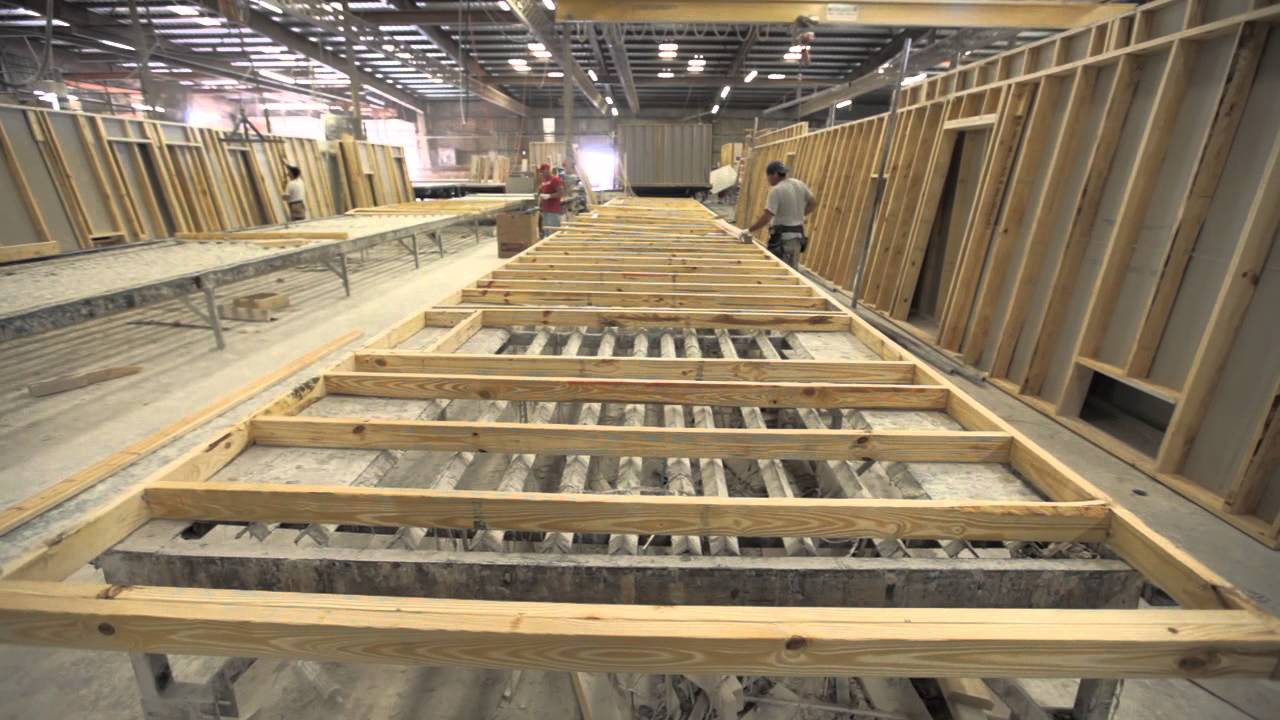Manufactured homes, also known as mobile or modular homes, have become an increasingly popular housing option for families nationwide — and it’s no wonder why. They offer many benefits to both new and seasoned homeowners.
Manufactured homes offer great value. They’re customizable and enable buyers to design homes with large square footage and luxury features at a much more affordable price than site-built homes. While they’re cost-effective, you also don’t have to worry about compromising on the quality, safety, and durability of your home.
Read on as we discuss the typical lifespan of a manufactured home and the things you can do to extend it.
Factors That May Impact Your Manufactured Home’s Lifespan
Manufactured homes can last just as long as traditional home constructions, and are also just as safe and durable. All manufactured homes must be constructed according to the federal building codes set by the U.S. Department of Housing and Urban Development. These standards ensure safe and sturdy construction, design, and installation.
However, there are a few factors that can impact how well it holds up throughout the years.
The Manufacturer You Choose
While all manufactured homes must be built according to HUD codes, the manufacturer you choose can make a difference in your home’s lifespan and your overall satisfaction. Different manufacturers may use different building materials, construction, and installation processes which may impact its longevity.
Make sure to choose a qualified, reliable, and reputable manufactured home builder that provides quality workmanship in their constructions and stands behind their work with a warranty. Their team should be willing and dedicated to helping you every step of the way. Some builders even have model centers where home buyers can see their work firsthand.
For example, at Jacobsen Homes, our engineering department uses computer-aided drafting to design your home to your unique specifications. Our homes are also built in a factory using the most advanced components and technology, and are built to not only meet, but exceed HUD safety standards. We are also a green builder, which means that we use environmentally responsible building practices and energy-efficient home features, which can save you money long-term while also lowering your carbon footprint. In addition, our homes are covered with a 2-10 year Home Buyer’s Warranty.
Features and Finishes
Since manufactured homes are highly customizable, homeowners are able to hand select what features, finishes, and materials they want their home built with. Higher-end materials tend to be more durable and long-lasting. For example, corian countertops are typically more durable than laminate countertops.
Regular Maintenance
As with any type of home, manufactured homes require regular maintenance and upkeep to keep it in great condition long term.
Regular maintenance allows you to catch problems before they develop into bigger issues that require costly repairs. For example, moisture and water can cause big issues down the road if it’s not dealt with early on. It can develop into mold and mildew, which can cause permanent damage to your home and pose a health risk to you and your loved ones.
- Your home’s exterior, including your roof, gutters, siding, windows, doors, patio/deck, skirting, frame, and bottom board all play a critical role in protecting your home from the elements, and consequently, sustain the most wear. Conduct regular inspections yourself as well as with a professional.
- Your home’s interior maintenance is just as important as its exterior and everything from your flooring to the ceiling needs to be regularly cleaned and maintained.
- The utility systems in your home, such as the electrical system, water heater, and more require regular upkeep. These systems play an essential role in making your home comfortable and can pose serious safety risks if they’re not properly taken care of.
Some parts of your home may require more frequent inspections and maintenance, however, yearly inspections are a good rule of thumb. Be sure to make repairs or replacements as soon as possible to mitigate damage. If you aren’t qualified, comfortable, or knowledgeable on how to properly maintain, repair, or replace certain parts of your home, always have it done by a licensed professional, as there can be a risk of injury, death, and property damage.
Protective Measures
Depending on where your home is located, you may face inclement weather, like windstorms and hurricanes, for example. While your manufactured home will be built in accordance with its specific wind zone requirements and can withstand severe weather, there are still some protective measures you may need to take — especially since severe weather can be unpredictable.
Here are our top tips for severe weather preparation:
- Hurricane Home Prep: Top Things to Prepare Today
- Hurricane Family Preparation
- Disaster Guide For Community Residents
- How to Protect Your Manufactured Home from Windstorms
Be sure to follow your specific storm preparation guidelines and local evacuation ordinances when severe weather is on the horizon.
If disaster strikes, you can still have peace of mind with the right manufactured home insurance. In addition, manufactured homes are legally required to have a 12-month minimum warranty that covers you in the event of any structural defects or workmanship issues.
Choose High-Quality Manufactured Homes by Jacobsen Homes
Whether you’re looking to buy a manufactured home now or in the future, it’s clear they offer great value for people in any and all stages of life.
At Jacobsen Homes, we’ve proudly been providing high-quality manufactured homes to families throughout Florida since 1959. We build our homes to not only meet but exceed federal building standards and your expectations. Our dedicated team of designers will work with you every step of the way to help you customize your home’s floor plan, features, and design.
Contact us today to start designing your own manufactured home, or schedule a tour to see our homes in person.

